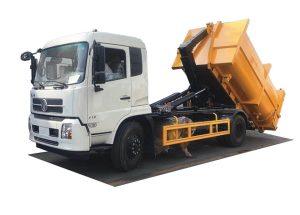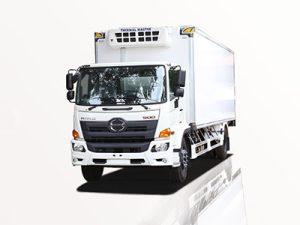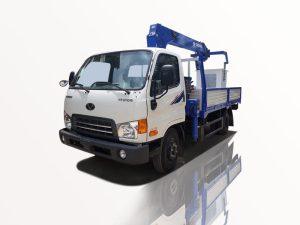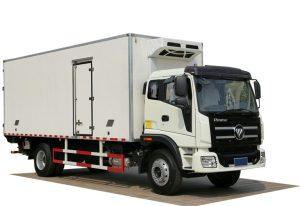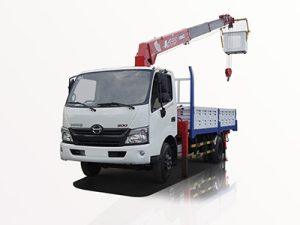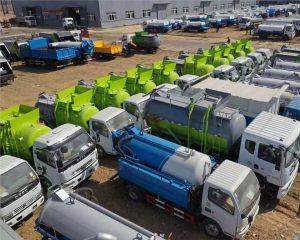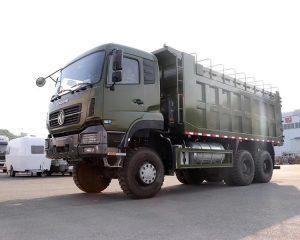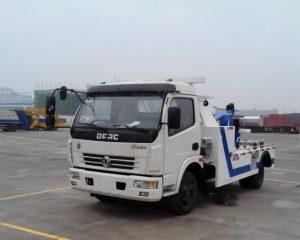Monday to Saturday - 8:00 -17:30
What Does Commercial Car Mean? A Comprehensive Guide
In today’s fast-paced economy, understanding different vehicle classifications is essential, especially when it comes to “commercial cars.” This article delves deep into the definition, characteristics, types, and uses of commercial cars, helping you grasp the nuances of the term and its implications in various sectors.
Definition of Commercial Car
A commercial car is any vehicle used primarily for transporting goods or people for commercial purposes. Unlike personal vehicles, which are generally used for private transportation, commercial cars are intended for business-related activities, including logistics, delivery services, and passenger transportation.
Key Characteristics of Commercial Cars
- Capacity: Commercial vehicles typically have larger storage areas or passenger capacities compared to regular cars.
- Durability: Built to withstand heavy use, commercial cars often feature tougher materials and stronger components.
- Purpose: Their design and functionality focus directly on business needs rather than personal comfort or luxury.
- Regulatory Compliance: Often subject to specific regulations and safety standards mandated for commercial operations.
Types of Commercial Cars
Understanding the different types of commercial cars can help businesses choose the right vehicle for their needs. Here are the most common categories:
1. Delivery Vans
Delivery vans are designed for transporting goods. They often feature a large cargo space and are ideal for last-mile delivery services.
2. Box Trucks
Box trucks, or cube vans, have a straight body and are used for moving larger quantities of goods. They usually include a roll-up door for easy loading and unloading.
3. Pickup Trucks
Pickup trucks offer a versatile solution for transporting both passengers and cargo. They are common among contractors and tradespeople.
4. Buses
Commercial buses are used for public transportation and have a higher capacity for passengers compared to standard cars.
5. Refrigerated Trucks
Refrigerated trucks are essential for transporting perishable goods. They maintain a specific temperature range to ensure the freshness of the products being transported.
6. Taxis and Rideshare Vehicles
Taxis and rideshare vehicles are a form of commercial car focused on transporting passengers for a fee.
How Commercial Cars are Used in Various Industries
Commercial cars play pivotal roles in various industries. Here’s an overview of their applications:
Logistics and Supply Chain
In the logistics sector, commercial vehicles are crucial for transporting goods from warehouses to end consumers. Companies rely on a fleet of delivery vans and box trucks to ensure timely deliveries.
Construction
Construction companies utilize pickup trucks and larger commercial vehicles to transport tools, equipment, and materials to and from job sites.
Public Transportation
Buses serve a key function in urban public transportation systems, providing an economical way for people to commute.
Food and Beverage Industry
Refrigerated trucks are essential for the food and beverage industry, ensuring that perishable items are transported safely and remain fresh.
The Financial Aspect of Commercial Cars
Investing in commercial cars can be a significant financial commitment. Here are some financial aspects to consider:
1. Purchase vs. Lease
Businesses must decide whether to purchase or lease commercial vehicles. Leasing can reduce initial costs and allow for more flexibility, while purchasing can lead to long-term savings.
2. Maintenance Costs
Commercial vehicles typically incur higher maintenance costs due to their heavy usage. Businesses should plan for regular servicing to avoid downtime.
3. Insurance Requirements
Insuring commercial cars can be more expensive than personal vehicle insurance, as they often cover higher liability limits. Businesses need to secure adequate coverage to mitigate risks.
Choosing the Right Commercial Car for Your Business
Selecting the appropriate commercial car can impact your operational efficiency. Here are some tips to help you make the right choice:
1. Assess Your Needs
Consider the type and volume of goods or passengers you need to transport. Different vehicles are suited for different types of cargo or passenger capacities.
2. Analyze Costs
Calculate the total cost of ownership, including purchase price, maintenance, fuel efficiency, and insurance. A more cost-effective solution may become evident when considering these factors.
3. Evaluate Compliance Requirements
Check local, state, and federal regulations that may affect vehicle choice. Compliance with safety standards and other regulations is crucial for commercial operations.
Practical Examples of Commercial Cars in Action
To illustrate the utility of commercial cars, consider some examples:
Example 1: Food Delivery
Consider a restaurant that uses refrigerated vans to supply groceries. The vehicles allow them to deliver fresh ingredients to customers and other businesses efficiently.
Example 2: Construction Sites
A construction company may use heavy-duty pickup trucks for transporting tools, equipment, and personnel to job sites. The trucks’ durability and capacity make them a perfect fit for such tasks.
Future Trends in Commercial Vehicles
The commercial vehicle market is evolving with technological advancements. Here are some noteworthy trends:
1. Electric Commercial Vehicles
With rising fuel costs and environmental concerns, electric commercial vehicles are gaining popularity. They offer lower operational costs and reduced emissions.
2. Autonomous Driving Technology
Self-driving technology promises to revolutionize how commercial vehicles are utilized, potentially reducing labor costs and enhancing safety in logistics.
3. Connectivity Features
Modern commercial cars are equipped with connectivity features, allowing fleet managers to monitor vehicle performance, track routes, and optimize operational efficiencies.
Frequently Asked Questions (FAQ)
1. What qualifies a vehicle as a commercial car?
A vehicle is classified as a commercial car if it is primarily used for business purposes, such as transporting goods or passengers for a fee.
2. Do commercial cars require special insurance?
Yes, commercial cars typically require specific insurance coverage that accounts for their business usage and associated risks.
3. Can I use my personal vehicle for commercial purposes?
While you can use a personal vehicle for business activities, it may not be insured for commercial use, which could pose risks in the event of an accident.
4. What is the difference between a pickup truck and a box truck?
Pickup trucks are versatile vehicles designed to transport materials and passengers, while box trucks have a straight body used primarily for carrying cargo.
5. How often should commercial vehicles be maintained?
It’s advisable to maintain commercial vehicles regularly, typically every 3,000 to 5,000 miles for oil changes and routine inspections every six months or as needed.
6. What are the benefits of using electric commercial vehicles?
Electric commercial vehicles offer lower fuel costs, reduced maintenance expenses, and less environmental impact compared to traditional gasoline-powered vehicles.


